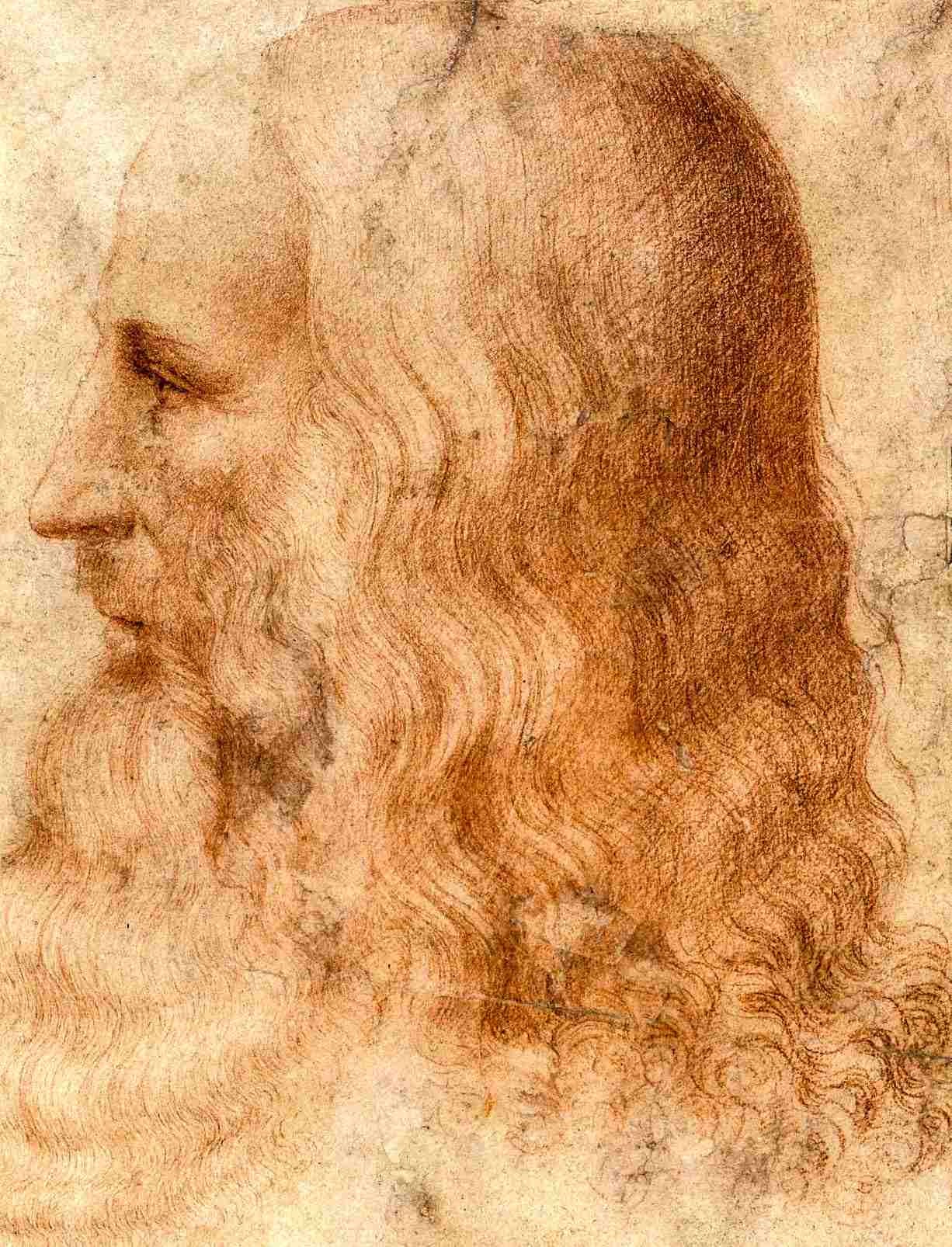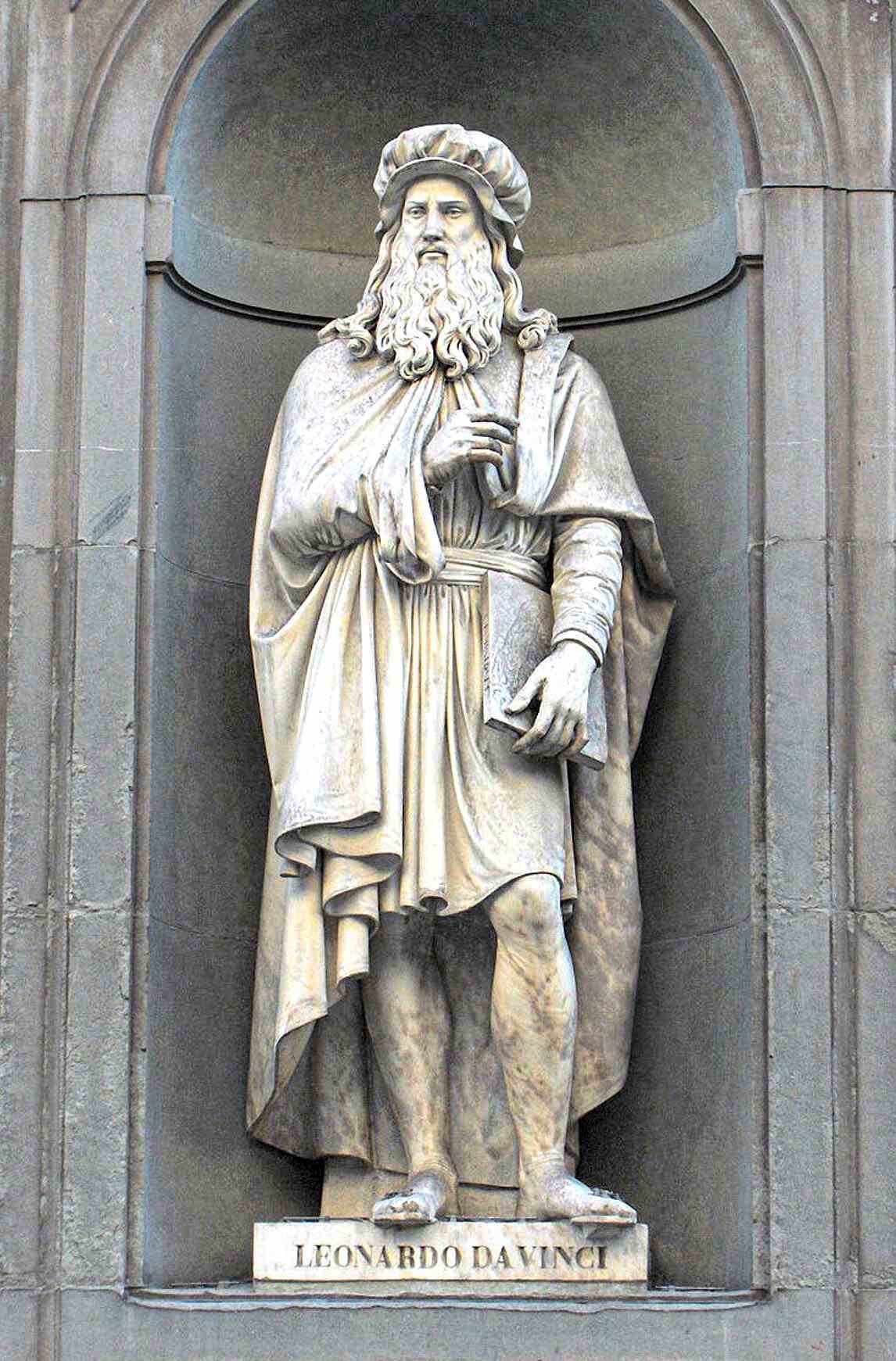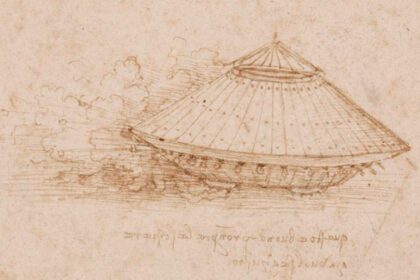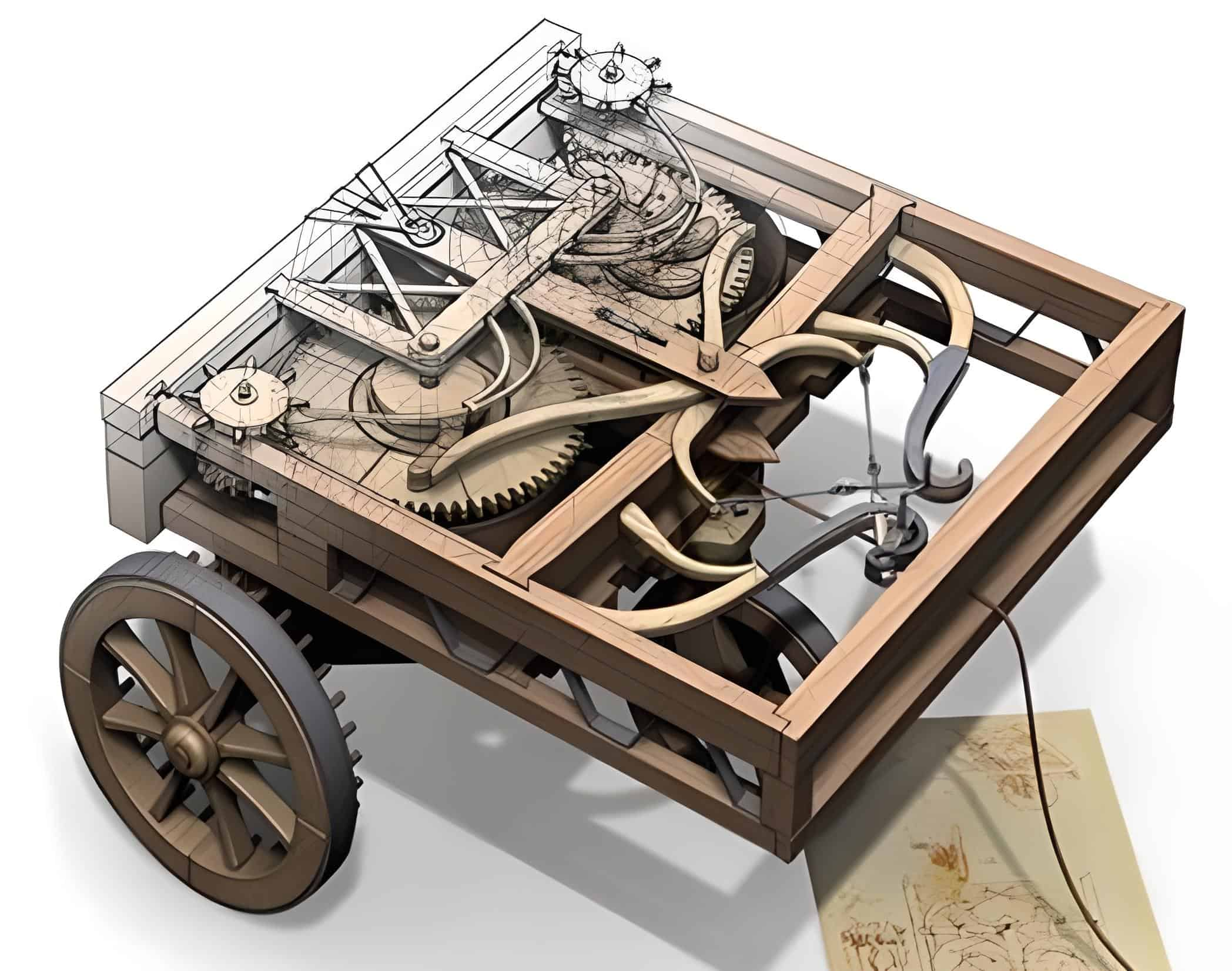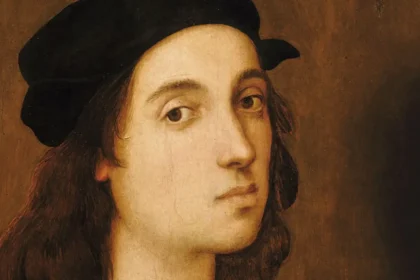Since Leonardo da Vinci never had his intelligence tested, we can never know for sure what his IQ was because IQ tests were not developed until the 1900s. Yet, it is believed that Leonardo da Vinci’s IQ was between 180 and 220, based on his achievements and contributions to art, science, and engineering. However, it is not known who came up with this IQ score at all. Because it appears to have been made up by someone at some point in the last two or three decades.
Who Evaluated Leonardo da Vinci’s IQ?
In 1863, novelist, art critic, and impresario Arsene Houssaye dug out what are believed to be Leonardo da Vinci’s bones from St. Hubert’s Chapel. Houssaye’s procedures, even by the standards of the mid-19th century, were heavy on myth and wishful thinking and little on scientific evidence. Houssaye speculated that Leonardo’s unusually large skull was a reflection of his high IQ.
Leonardo da Vinci’s IQ cannot be assessed with certainty due to the lack of IQ tests and the need to use criteria appropriate to the historical period. But given the breadth and originality of his interests, his curiosity, his desire to learn, and his love of investigation, Leonardo was definitely an extremely bright person.
- See Also: Leonardo da Vinci’s Height
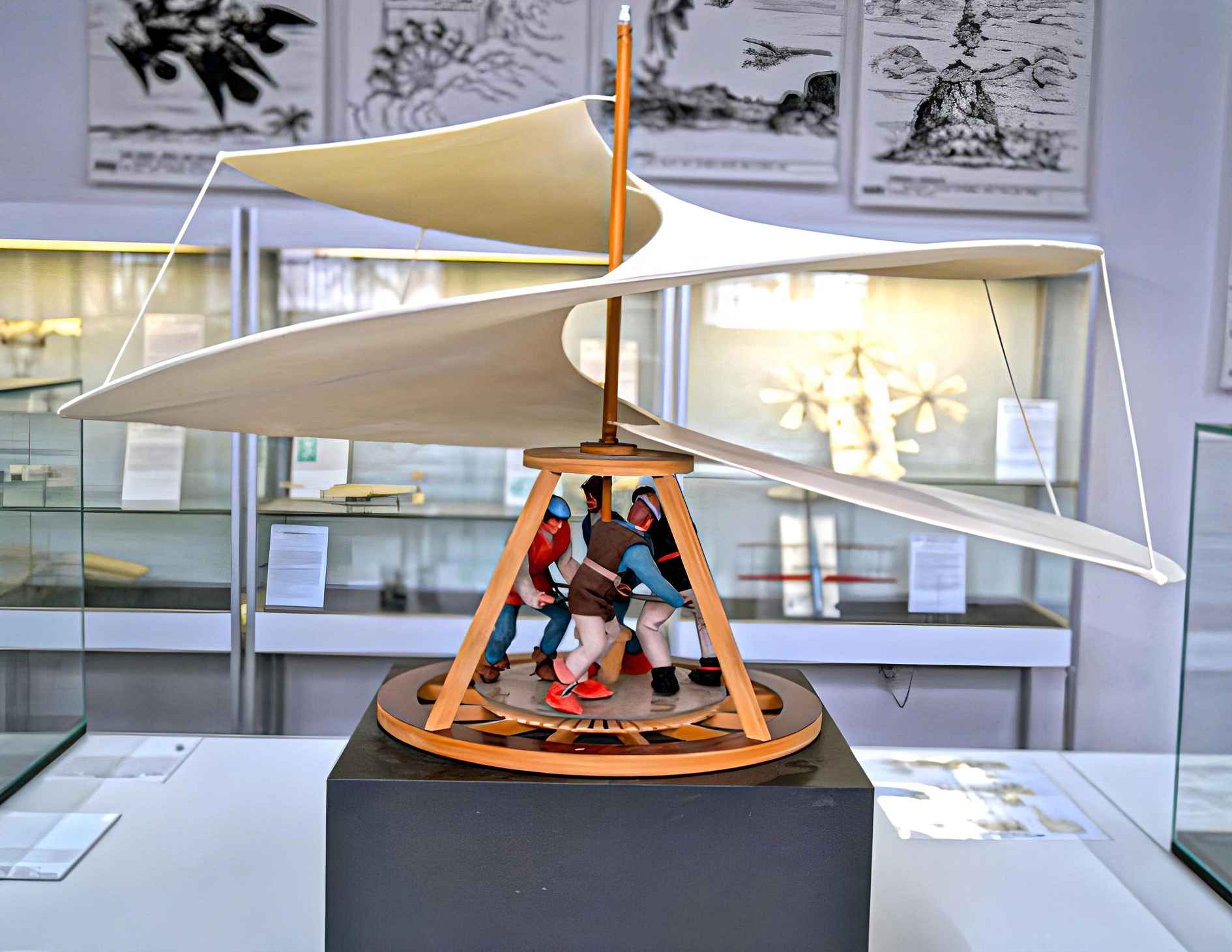
For instance, Leonardo da Vinci is regarded as one of the greatest “lateral thinkers” due to his unusual capacity to challenge conventional wisdom and rethink even the most basic subjects. His research notebooks included 7,200 pages.
Leonardo da Vinci’s IQ has been estimated to be anywhere from 180 to 220, putting him well in the genius bracket and among the top few brainiacs in history. However, no scientific research has ever been conducted to determine Leonardo da Vinci’s IQ. Therefore, this IQ range of 180 to 220 is only an estimation, if not entirely made up, because it is not known who came up with it in the first place.
How Do We Know Leonardo da Vinci’s IQ?
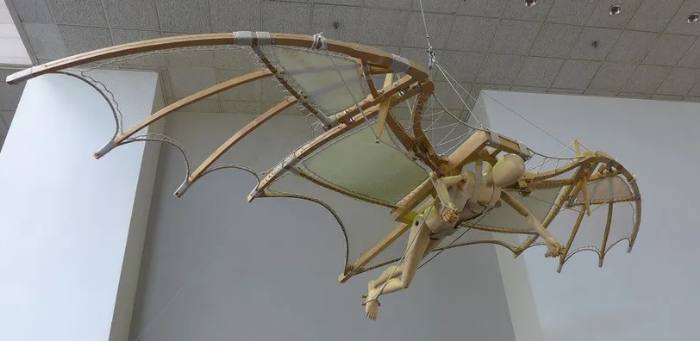
When it comes to determining Leonardo da Vinci‘s IQ, you can only estimate it. But how can you trust these estimates? That depends on the methodology being used.
Experts can correlate certain behaviors of today’s highly intelligent people with the behaviors of deceased people to determine their IQ.
The ability to talk and read before age two may be indicative of a high intelligence level. The average IQ of a person with this level of intelligence is believed to be 170.
When you have twenty or more of these indications, you can make an informed estimation of someone’s IQ. Just like you can produce informed theories and estimations on the notion of evolution, climate change, or certain judicial procedures that may not be backed up by direct evidence or experiment.
The obvious brilliance of Leonardo, however, likely prevents the need for any such study on his IQ.
Leonardo da Vinci Was Not a Typical Genius
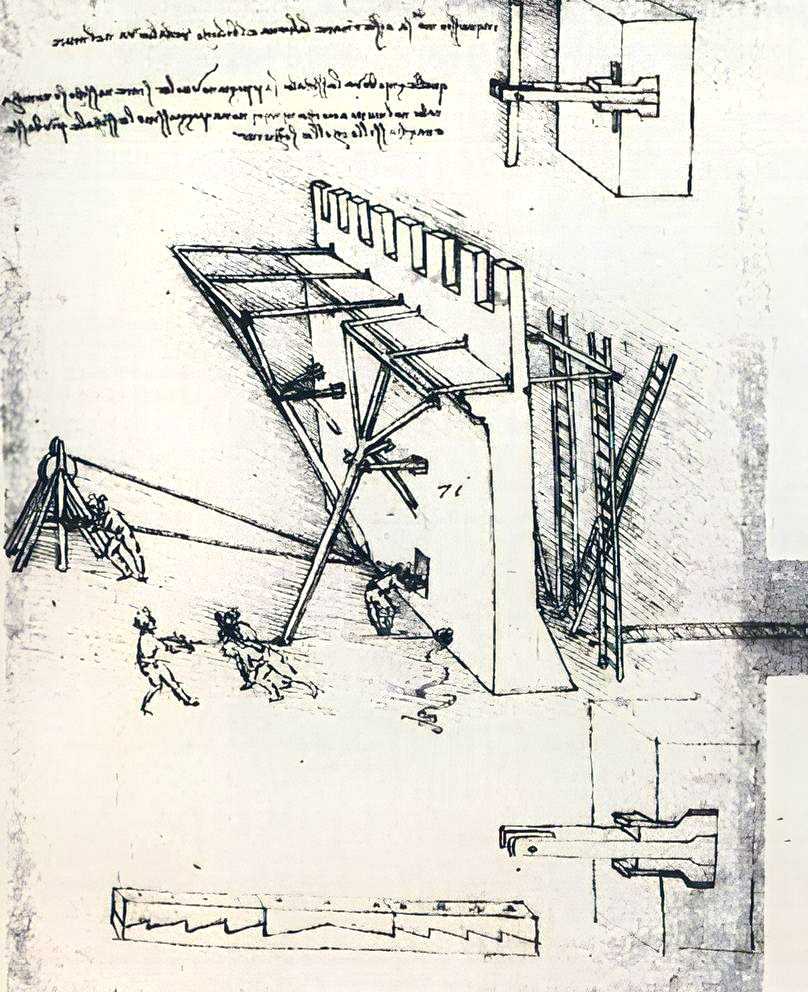
Professionals can assess the IQs of geniuses like Leonardo da Vinci on the basis of a wealth of data if they so choose.
The intellectual facts surrounding figures like Leonardo da Vinci are always open to subjective evaluation. And evaluators often give evidence the weight they think it deserves.
Many attempts were made to recreate Leonardo’s inventions and creations, but the replicated models were often unsuccessful (see Leonardo da Vinci’s Self-Propelled Cart and Da Vinci Tank, which didn’t work right away). However, if field testing was possible at the time, he may have fixed the ones that didn’t work. The moveable barricades at Venice, built in 1499, are one example of his technical achievements.
However, Leonardo da Vinci was not your typical genius. Unlike Albert Einstein and Isaac Newton, who were mathematicians and physicists, Leonardo da Vinci was involved in a wide variety of fields as a polymath. He was a musician, mechanic, engineer, philosopher, and scientist, in addition to his many other talents.
How Do You Evaluate Leonardo da Vinci’s IQ from This?

Then, how do you evaluate Leonardo da Vinci’s IQ from this? Did Leonardo have an IQ of 190, or was he merely an ADHD (hyperactivity disorder) patient with a 150 IQ?
In contrast to popular thought, Albert Einstein’s high IQ as a child did not get him any recognition. Even some of the world’s leading mathematicians dismissed his intelligence, especially his relativity theory. This has led some people to put his IQ anywhere from 140 to 190, which is a large deviation.
The reality is that no single human score, such as IQ, can explain all the traits and variants in someone’s intelligence, and this includes Leonardo da Vinci’s IQ.
What Makes Leonardo da Vinci a Genius?
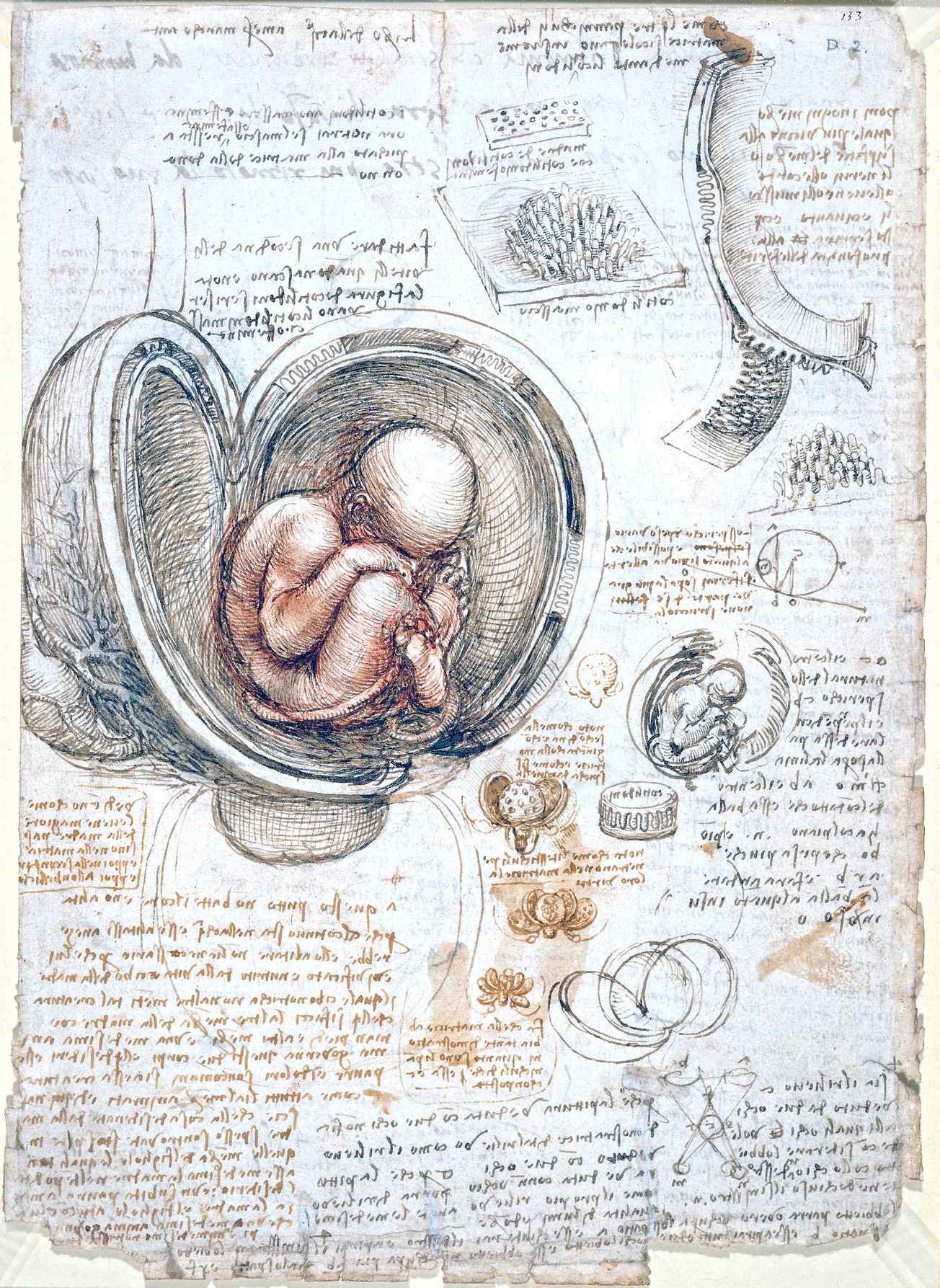
The Last Supper and the Mona Lisa would have made Leonardo da Vinci a brilliant artist and painter on their own. But da Vinci was also an engineer, architect, scientist, inventor, geographer, anatomist, botanist, musician, and writer, in addition to his other talents as a painter and artist. He wasn’t merely competent in a wide variety of areas; rather, he excelled in them all.
Many people didn’t credit Leonardo da Vinci’s scientific contributions since he lacked a background in Latin or mathematics. A review of his writings, however, revealed a man whose ideas were decades ahead of their time.
The notes and sketches of Da Vinci demonstrate how far ahead of his time he was in understanding human anatomy. In fact, his drawings are a close match to what doctors have learned about the human body in recent decades. He took notes on how the human fetus’ arm moved throughout development.
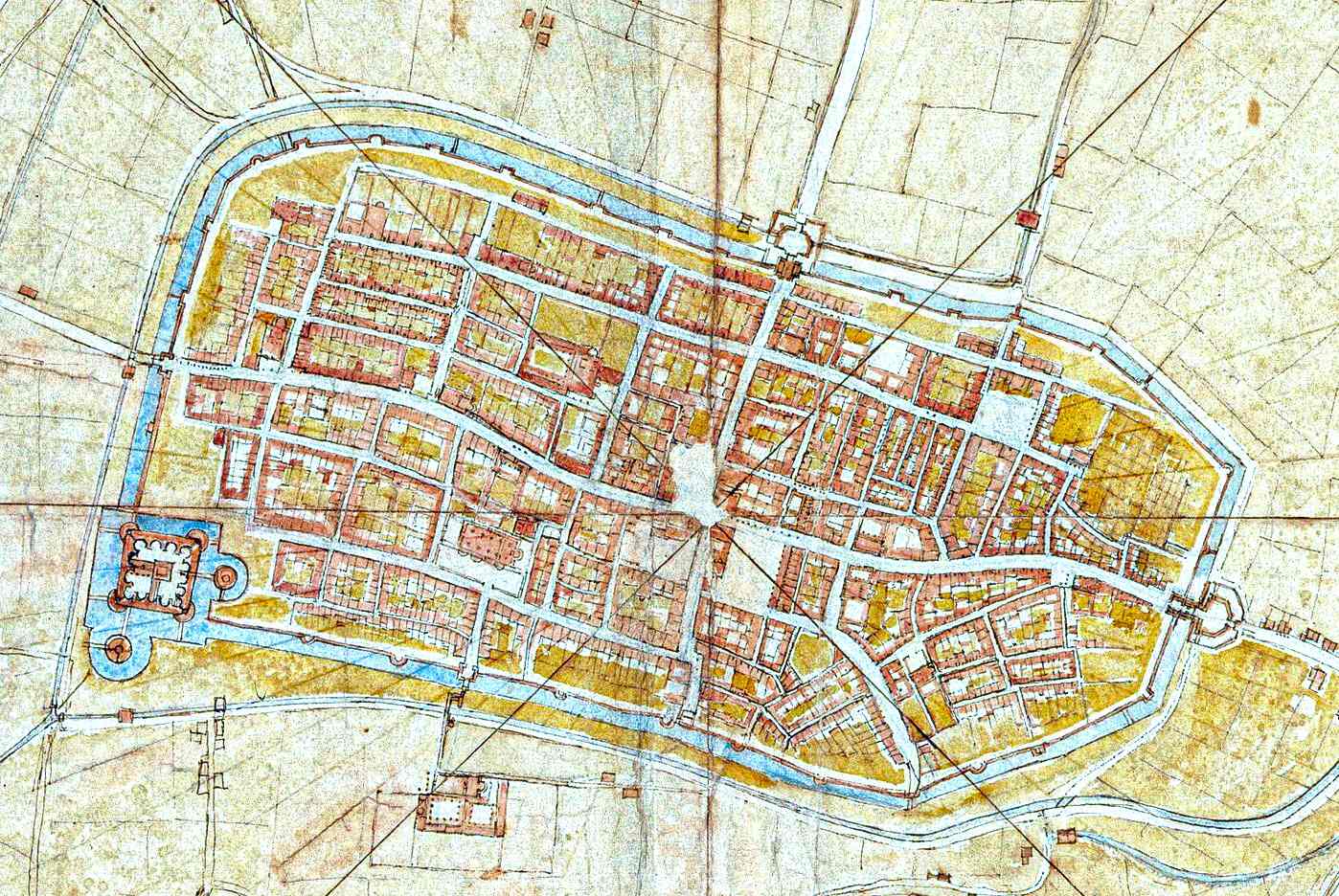
Not only that, but he also incorporated what he learned about how light interacts with spheres into his artwork. He studied the influence of light, which is most evident in the dramatic use of light and dark in his paintings.
He was one of the first to measure and chart the human body, and his anatomical drawings of dissected bodies are very similar to those produced by modern medical students. He made maps before cartography was a well-developed field of study. His study of polyhedrons in his papers contributed significantly to mathematics.
He also sketched up designs for a tank, a 33-barreled organ, and a helicopter far before anybody else. Hydraulics, mechanical design, cantilevers, pulleys, momentum, centripetal force, and more were all well within Leonardo da Vinci’s wheelhouse of expertise, and he put them all to good use in his creations.
Although he is most known for his artistic prowess, Leonardo da Vinci was also a brilliant scientist, inventor, and architect.
The Evidence That Leonardo da Vinci’s IQ Was High
A person’s abstract reasoning, problem-solving, and learning capacities can be gauged with an IQ test. However, these tests are not ideal indicators of intelligence but rather an estimation of cognitive abilities.
There is some obvious evidence supporting the great intelligence of Leonardo da Vinci:
- He had a remarkable capacity for education and knowledge acquisition.
- He had a high level of abstract reasoning and could tackle difficult issues.
- He had a unique perspective on things and was inspired to do something different all the time.
- He had the gift of a concise expression of thought.
Leonardo’s high IQ was unquestionably the contributing element to his success, but numerous other traits, such as his inventiveness, curiosity, and love of knowledge, contributed more to his brilliance. Because not every genius in history was as curious about gaining knowledge and inventing things as Leonardo da Vinci.
References
- Leonardo’s Bones: Myth, History, and Evidence | Ross King – Academia.edu
- The Notebooks of Leonardo da Vinci – Internet Archive
- Leonardo’s Brain – Google Books



